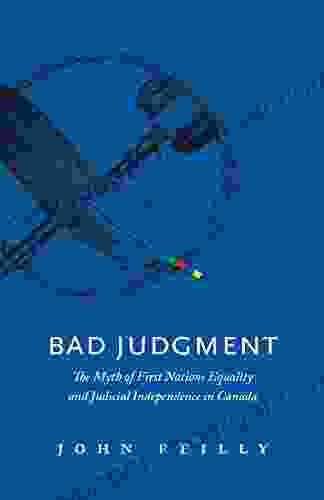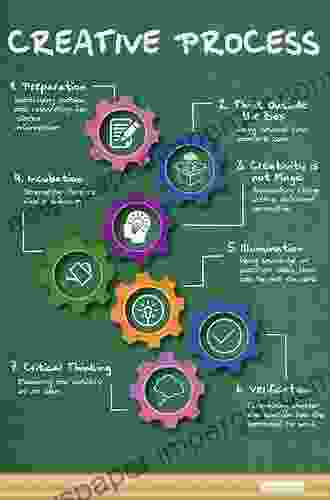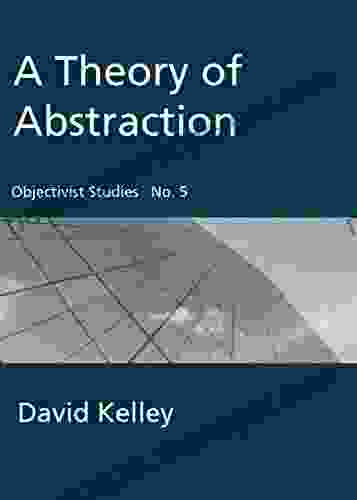Unveiling the Myth: First Nations Equality and Judicial Independence in Canada

Within the tapestry of Canadian society, the threads of First Nations equality and judicial independence intertwine, forming a complex and often contentious fabric. This article embarks on an illuminating journey to unravel the intricate relationship between these two fundamental principles, exploring the historical, legal, and socio-political forces that have shaped their interaction.
Historical Foundations: A Legacy of Inequality
Canada's legal and political landscape bears the imprint of a colonial past marked by the systematic dispossession and oppression of First Nations peoples. The Indian Act of 1876, a cornerstone of this colonial legacy, established a discriminatory legal framework that governed Indigenous affairs. As a result, First Nations communities were denied basic rights and freedoms enjoyed by other Canadians, including the right to vote, hold public office, and own land.
5 out of 5
| Language | : | English |
| File size | : | 636 KB |
| Text-to-Speech | : | Enabled |
| Screen Reader | : | Supported |
| Enhanced typesetting | : | Enabled |
| Word Wise | : | Enabled |
| Print length | : | 362 pages |
| Lending | : | Enabled |
This historical subjugation cast a long shadow over First Nations' access to justice. The legal system, often an instrument of colonial control, failed to protect their rights and perpetuated discriminatory practices. Judicial decisions frequently upheld the government's authority over Indigenous peoples, undermining their claims to land, resources, and self-governance.
Legal Frameworks: Limited Progress and Ongoing Challenges
In the post-colonial era, Canada has enacted a series of legal frameworks aimed at addressing the historical injustices faced by First Nations peoples. The Constitution Act of 1982 recognized and affirmed their inherent rights, including the right to self-government. The Indian Act was amended several times, and new statutes, such as the First Nations Land Management Act, were introduced.
While these legal initiatives represented a step forward, they have fallen short of fully realizing First Nations equality before the law. Judicial interpretation of constitutional and statutory provisions has often been narrow and restrictive, limiting the scope of Indigenous rights. The Indian Act and its amendments continue to exert a significant influence over First Nations communities, perpetuating paternalistic and discriminatory practices.
Socio-Political Factors: Systemic Bias and Cultural Divide
Beyond the legal framework, socio-political factors also contribute to the ongoing challenges First Nations face in accessing fair and impartial justice. Systemic bias and discrimination within the legal profession and the judiciary persist, leading to unequal treatment of Indigenous litigants. Cultural differences and misunderstandings between First Nations and non-Indigenous Canadians can hinder effective communication and understanding in court proceedings.
The geographical isolation of many First Nations communities exacerbates these challenges. The lack of access to legal services, transportation, and interpretation services creates barriers to justice. Underfunding of First Nations legal aid programs and a shortage of Indigenous lawyers further compound the problem.
Reconciliation and the Path Forward
Redressing the legacy of inequality and achieving true judicial independence for First Nations requires a fundamental shift in mindset and a commitment to reconciliation. The Truth and Reconciliation Commission of Canada has documented the systemic racism and discrimination experienced by Indigenous peoples within the justice system and called for transformative action.
The path forward involves a multifaceted approach that includes:
- Legal Reforms: Reviewing and revising existing laws and policies to ensure they uphold First Nations' inherent rights and promote equality before the law.
- Judicial Training and Education: Enhancing the cultural competency and understanding of judges and legal professionals to address systemic bias and ensure fair and just outcomes for Indigenous litigants.
- Funding and Resources: Adequately funding First Nations legal aid programs, investing in legal education and training for Indigenous lawyers, and providing accessible legal services in remote communities.
- Dialog and Collaboration: Fostering meaningful dialogue and collaboration between First Nations, legal professionals, and the government to develop culturally appropriate justice mechanisms and address the root causes of inequality.
: A Journey Towards Equality
The road towards achieving First Nations equality and judicial independence is long and arduous, but it is a path that must be traveled. By acknowledging the historical injustices, addressing systemic bias, and embracing the principles of reconciliation, Canada can create a truly just and equitable society for all its citizens. The time has come to dispel the myth and realize the promise of equality and independence for First Nations peoples, both in law and in practice.
5 out of 5
| Language | : | English |
| File size | : | 636 KB |
| Text-to-Speech | : | Enabled |
| Screen Reader | : | Supported |
| Enhanced typesetting | : | Enabled |
| Word Wise | : | Enabled |
| Print length | : | 362 pages |
| Lending | : | Enabled |
Do you want to contribute by writing guest posts on this blog?
Please contact us and send us a resume of previous articles that you have written.
 Book
Book Novel
Novel Page
Page Chapter
Chapter Text
Text Story
Story Genre
Genre Reader
Reader Library
Library Paperback
Paperback E-book
E-book Magazine
Magazine Newspaper
Newspaper Paragraph
Paragraph Sentence
Sentence Bookmark
Bookmark Shelf
Shelf Glossary
Glossary Bibliography
Bibliography Foreword
Foreword Preface
Preface Synopsis
Synopsis Annotation
Annotation Footnote
Footnote Manuscript
Manuscript Scroll
Scroll Codex
Codex Tome
Tome Bestseller
Bestseller Classics
Classics Library card
Library card Narrative
Narrative Biography
Biography Autobiography
Autobiography Memoir
Memoir Reference
Reference Encyclopedia
Encyclopedia John Mullan
John Mullan Joseph Collum
Joseph Collum John Shiffman
John Shiffman John Tosh
John Tosh John Wu
John Wu John Heath
John Heath Jonathan Handel
Jonathan Handel John Dimes
John Dimes John R Balfour
John R Balfour John Riselvato
John Riselvato John Sadler
John Sadler Joseph Mccabe
Joseph Mccabe Jorge Cruise
Jorge Cruise John Julius Norwich
John Julius Norwich Joseph N Cohen
Joseph N Cohen John Howlett
John Howlett Joseph J Fins
Joseph J Fins John Christopoulos
John Christopoulos John F Ross
John F Ross Joseph Piercy
Joseph Piercy
Light bulbAdvertise smarter! Our strategic ad space ensures maximum exposure. Reserve your spot today!
 Chadwick PowellFollow ·18.7k
Chadwick PowellFollow ·18.7k Gabriel BlairFollow ·18.1k
Gabriel BlairFollow ·18.1k Graham BlairFollow ·11.6k
Graham BlairFollow ·11.6k Ian MitchellFollow ·8.2k
Ian MitchellFollow ·8.2k Christian BarnesFollow ·16.9k
Christian BarnesFollow ·16.9k Andrew BellFollow ·15.1k
Andrew BellFollow ·15.1k Alex FosterFollow ·2.8k
Alex FosterFollow ·2.8k Aron CoxFollow ·4.7k
Aron CoxFollow ·4.7k
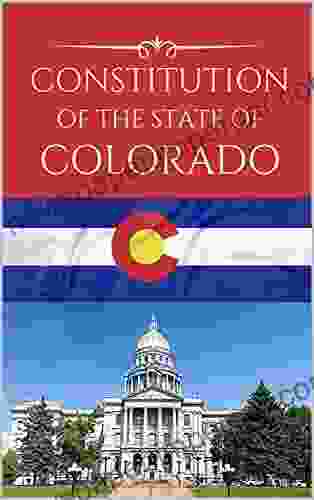
 Jake Powell
Jake PowellThe Constitution of the State of Colorado: A Legacy of...
Since its adoption in 1876, the...
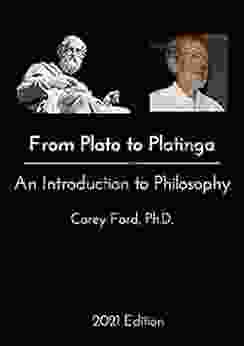
 Devin Ross
Devin RossFrom Plato to Plantinga: A Journey Through the History of...
Philosophy is the study of...
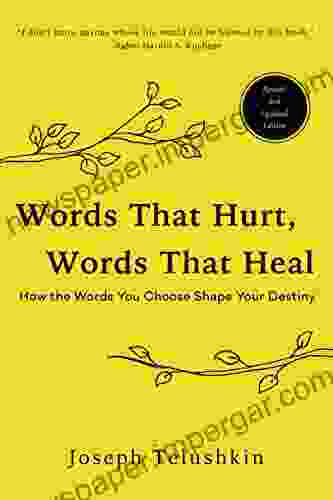
 Robin Powell
Robin PowellWords That Hurt, Words That Heal: The Power of Language...
Words are powerful. They can...

 T.S. Eliot
T.S. EliotTantalize Your Taste Buds with Over 90 Low-Carb Ethnic...
Indulge in a Culinary Adventure with "Over...
5 out of 5
| Language | : | English |
| File size | : | 636 KB |
| Text-to-Speech | : | Enabled |
| Screen Reader | : | Supported |
| Enhanced typesetting | : | Enabled |
| Word Wise | : | Enabled |
| Print length | : | 362 pages |
| Lending | : | Enabled |


